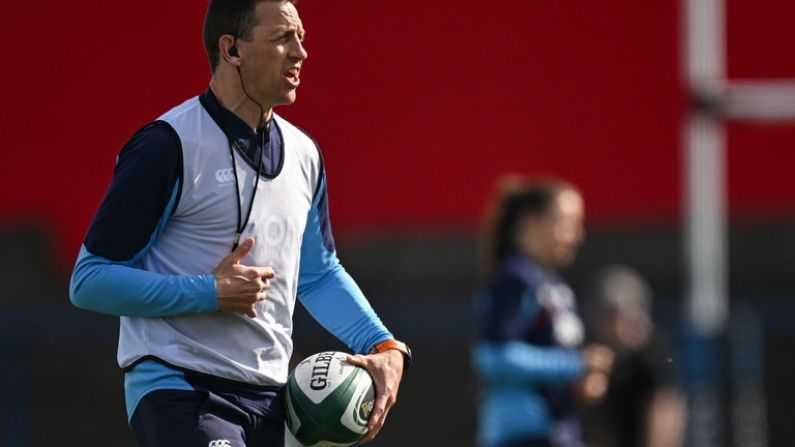The 2015 edition of the Rugby World Cup will go down in the history books as a huge success. World record attendances have been set, new markets have been made, and the competitiveness of the so called "Tier two" nations has already made it a tournament worth remembering.
We had been used to regular 70-point maulings in previous World Cups, with only South Africa's 64-0 hammering of a second-string American team can be classed as a thorough beating.
But amidst the commercial success brought about largely by the performances of tier two nations like Japan; the treatment of these countries from World Rugby is staggering. Yesterday brought confirmation that the Irish rugby squad is set for huge bonuses depending on how far they progress in the tournament, but other countries players aren't as lucky:
Results aside, @rugbyworldcup has been a shocker for Tier2 sides. Commercially, Scheduling-wise and judicially @WorldRugby found wanting.
— Daniel Leo (@danleo82) October 7, 2015
Hope you guys haven't had to pay to get home like some of us ! https://t.co/AENELXme3G
— Jamie Cudmore (@JNCudmore) October 7, 2015
@Jeff_Hassler and I were out of pocket as well. https://t.co/5jWjhxpmUt
— Tyler Ardron (@tyardron) October 8, 2015
Canada's most recognisable name - Clermont's Jamie Cudmore, claims that their players have had to pay to get home illustrates the massive gap between the tiers in rugby. We joked about it in football when US goalkeepers Tim Howard and Nick Rimando had two very different experiences when travelling to meet up for US camp, but it paints a more real illustration of the gulf between tiers in rugby.
The smaller nations have been lauded for having amateurs playing against some of the biggest, and most highly paid players in the sport - but what isn't realised is how much these players are giving up just to be there.
This isn't anything new either - last year, the Samoan players had to pay for their flights from Samoa to London to play against England in Twickenham.
Unlike most other international tests, Samoa didn't split the gate with England. It's typical of how under-funded these nations are. Even for the World Cup, tier one nations receive over €10 million from World Rugby for taking part; whilst tier two nations don't get anything. The comprise was that approximately £50 million is invested in funding across high performance, sevens and other items between 2012 and 2015.
This isn't sustainable. Tier two teams need proper funding, and more tests against the bigger nations. Japan's victory over South Africa, and Georgia's showing against New Zealand have proved that they can compete. But how often do the two tiers face each other outside of World Cups?
This year saw the historic test where New Zealand played in Samoa. It was historic because it was one of the first tier one nations to travel to Samoa apart from Italy and Scotland since Ireland in 2013.
So if the tier two unions don't get the chance to generate gates, or receive funding for competing in World Cups, is it any suprise that their players are left in the cold and forced to pay their own way home? Which makes it a lot easier to understand when these players retire from international rugby to play for their Top 14 club and earn some money, which Samoa's Census Johnston and Uruguay's Rodrigo Capo Ortega did this summer.
This might be one of the most successful World Cups ever, but one of the main legacies of the tournament could be that it finally highlights the growing gap between nations. If things can be changed, then it's very easy to see future tournaments with even more competitiveness.














